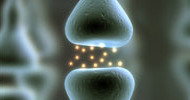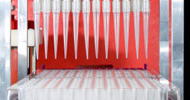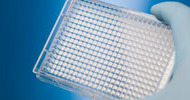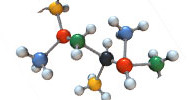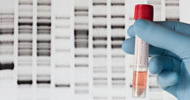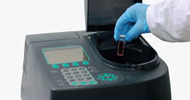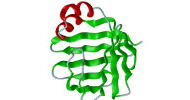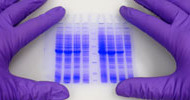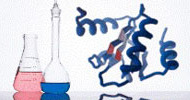Description
AMSBIO announces the availability of two new formulations of Basement Membrane Extract (BME) known as Cultrex BME 2 (organoid growth matrix) and Cultrex BME 3 (xenograft / tumorgraft matrix).The new products have been developed to address the heterogeneous nature of tissue and organ microenvironments that not only arise from organ specific stromal cells, growth factors, proteoglycans, and protein composition but also from the stiffness or tensile strength of the BME. Many studies have shown that there is a relationship between abnormal tensile strength and both cancer progression and fibrotic tissues. It is both the chemical and physical properties of the BME that are responsible for the mechanical and biological properties of tissues and organs. It was in light of this heterogeneity that Cultrex BME 2 and Cultrex BME 3 were developed.
BME 2 is based upon a proprietary formulation that is higher in tensile strength than original Matrigel or Cultrex BME. This growth factor reduced product is recommended for organoid growth applications including 3D cell culture from stem cells. By comparison, BME3 has been developed to be physiologically aligned with the in vivo tumour environment and is recommended for xenografts, tumorgrafts and other in vivo applications.
Basement membranes are continuous sheets of specialized extracellular matrix that form an interface between endothelial, epithelial, muscle, or neuronal cells and their adjacent stroma. Basement membranes are degraded and regenerated during development and wound repair. They not only support cells and cell layers, but they also play an essential role in tissue organization that affects cell adhesion, migration, proliferation, and differentiation. Basement membranes provide major barriers to invasion by metastatic tumour cells. Cultrex® Basement Membrane Extract (BME) is a soluble form of basement membrane purified from Engelbreth-Holm-Swarm (EHS) tumours. The extract gels at 37°C to form a reconstituted basement membrane. The major components of BME include laminin, collagen IV, entactin, and heparin sulphate proteoglycan. BME can be used for growth promotion or for the differentiation of precursor cells, under a variety of cell culture conditions, involving primary epithelial, endothelial and smooth muscle cells. BME has also been employed in cell attachment, neurite outgrowth, angiogenesis assays, in vitro cell invasion and in vivo tumorigenicity assays.
















